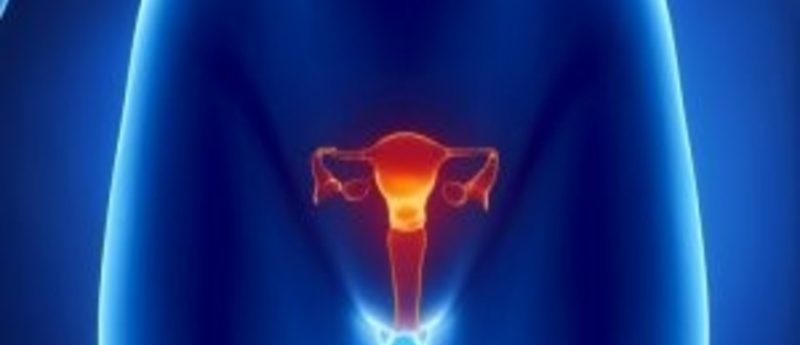HPV vaccine found to be effective against multiple cancer-causing strains

According to a multinational clinical trial involving nearly 20,000 young women, the human papilloma virus (HPV) vaccine Cervarix (GSK, Rixensart, Belgium) was found to be effective against other common cancer-causing human papillomaviruses. The research was recently published in Clinical and Vaccine Immunology.
The study is the final report from the Papilloma Trial Against Cancer in Young Adults, a multinational clinical trial that included 14 countries in Europe, the Asia–Pacific region, North America, and Latin America. This final report confirmed previous findings in the trial, which constituted the basis for approval of the Cervarix vaccine in Europe and the United States.
The results of the trial demonstrated that the vaccine was extremely effective in young women who had never previously been infected with the virus. Furthermore, it protected nearly all women from HPV types 16 and 18, which are responsible for about 70% of all cases of cervical cancer. The findings also suggested that the vaccine protected 50–100% against different grades of precancerous transformation of cervical cells caused by other strains of HPV. The participants were followed up to 4 years post-vaccination.
While the trial did not investigate the vaccine’s efficacy in males, sexually transmitted HPV causes anogenital and head and neck cancers in both males and females. HPV-related head and neck cancers now number around 8400 annually in the US. “The more adolescents are vaccinated, the closer we will be to eradicating high-risk HPV viruses,” explained corresponding author Dan Apter, from the Family Federation of Finland (Helsinki, Finland). “So I think boys should also be vaccinated.”
The vaccine was demonstrated to be more effective among those aged 15–17 years than ages18–25 years. The lower efficacy in the oldest age group may have been caused by a larger proportion of women in that age group who had persistent infections at the time of the vaccination.
“Cervical cancer is the fourth most common cancer among women, with estimates from 2012 indicating that there are 528,000 new cases and 266,000 deaths each year worldwide, with the majority of cases occurring in developing countries,” continued Apter. “It is now established that having a persistent infection with HPV is a necessary cause of cervical cancer.”
Sources: Apter D, Wheeler CM, Paavonen J. Efficacy of HPV-16/18 AS04-adjuvanted vaccine against cervical infection and precancer in young women: final event-driven analysis of the randomised, double-blind PATRICIA trial. Clinical and Vaccine Immunology , doi: 10.1128/CVI.00591-14, (2015) [Epub ahead of print]; American Society for Microbiology press release




